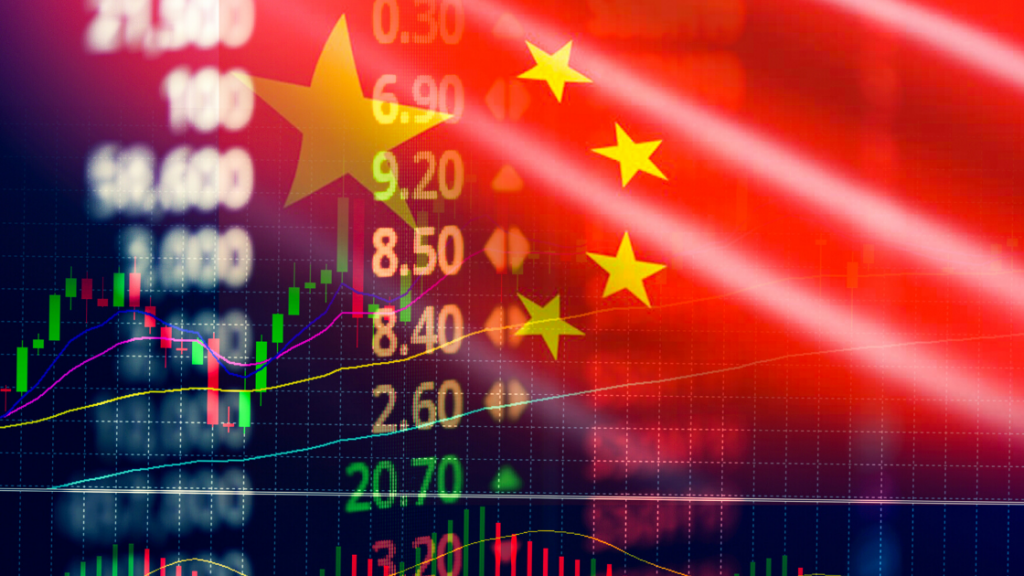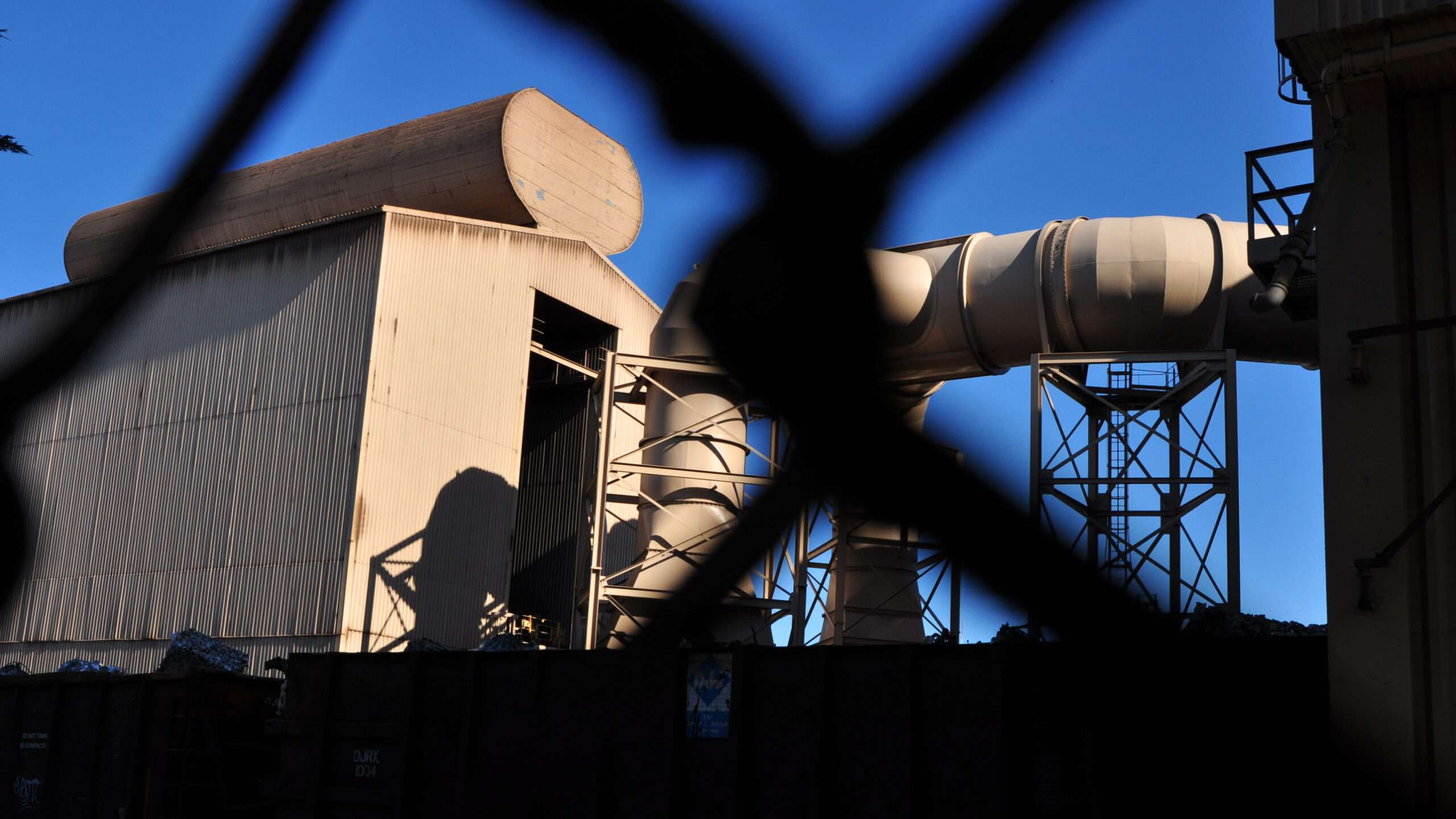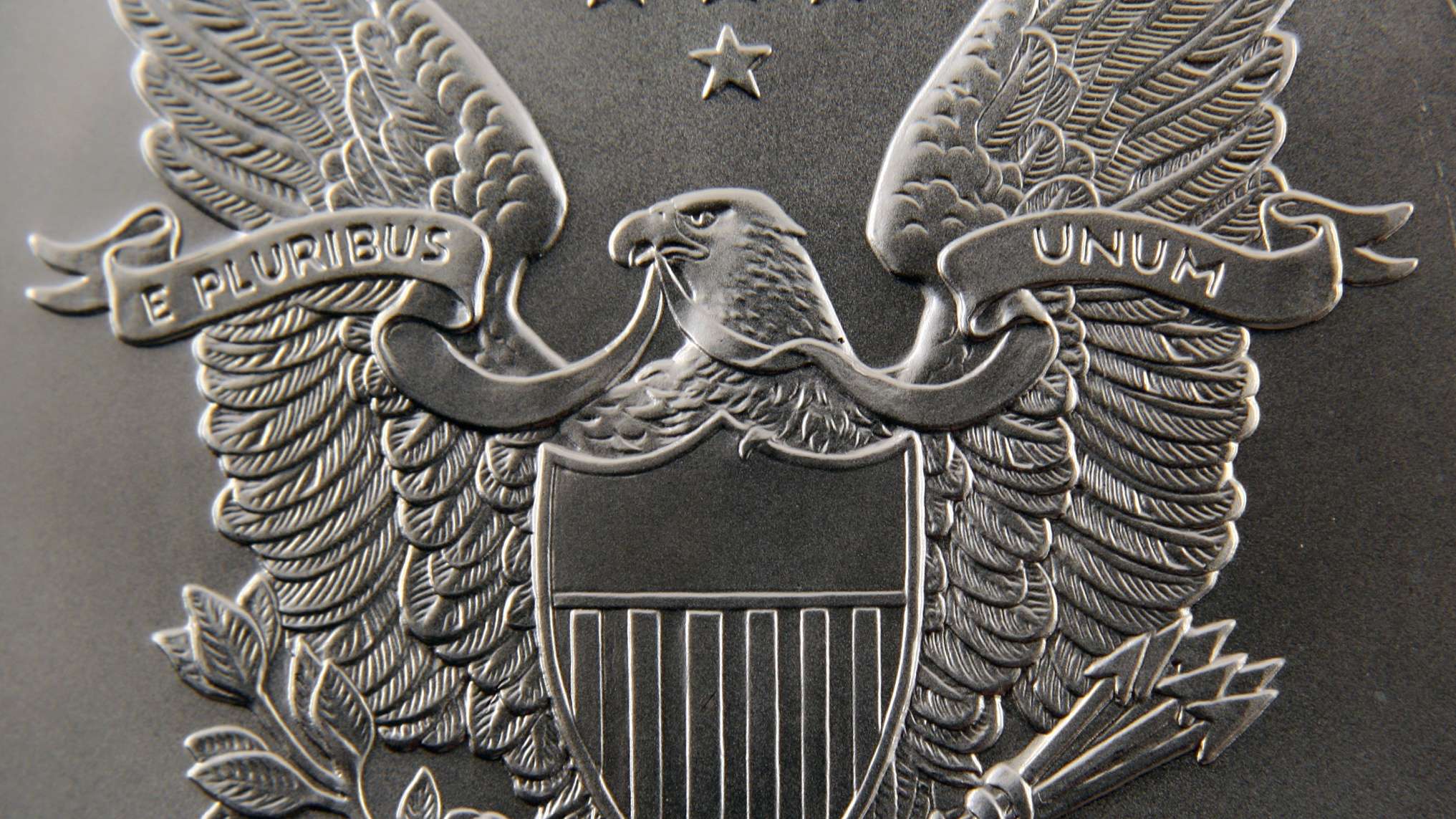Editors note: Why does Wall St keep pushing to support CCP companies? White House has to intervene again.
Economic and security officials warned a federal fund against putting retirement savings in China at “a time of mounting uncertainty” for the relationship.
[Ana Swanson | July 7, 2020 | NY Times]
WASHINGTON — White House officials on Tuesday warned a federally administered retirement plan for railroad workers against investing in Chinese companies and said that additional sanctions could be on the way in return for China’s role in spreading the coronavirus.
The national security adviser, Robert C. O’Brien, and the director of the National Economic Council, Larry Kudlow, told the U.S. Railroad Retirement Board in a letter that its investments in China were exposing retirees to “unnecessary economic risk” and channeling funds into companies “that raise significant national security and humanitarian concerns,” including some that supply the Chinese Army.
The White House officials said it was “a time of mounting uncertainty” over China’s relations with the rest of the world that presented “the possibility of future sanctions or boycotts that may arise from a wide range of issues, including the culpable actions of the Chinese government with respect to the global spread of the Covid-19 pandemic, the suppression of Hong Kong’s democracy,” and other factors.
The warning comes amid worsening ties between the world’s two largest economies, which have frayed as the administration continues to blame China for not doing enough to contain the virus. But even before the pandemic, the Trump administration was considering taking a tougher stance on the investments that have knit together American and Chinese financial markets.
Politicians of both parties have questioned whether federal retirement funds should be funneling money to Chinese companies that have links to the Chinese government and military.
The Railroad Retirement Board managed $28.3 billion in assets as of late 2018 and paid out benefits to around half a million recipients last year. The board says it invests its retirement assets in a diversified portfolio similar to those of private sector retirement plans, many of which include exposure to China.
In May, a major government retirement fund halted plans to invest in Chinese stocks this year, after growing criticism from the Trump administration and lawmakers.
China critics have also criticized that country’s decision to block Chinese companies from sharing certain financial information with United States regulators, which has left Chinese companies in violation of American disclosure requirements.
Lawmakers and some in the administration have called for delisting Chinese firms until they comply with American rules, throwing into question the future of about $1 trillion of Chinese investment in American stock markets.
The White House set up a working group in early June to study the issue, which is expected to deliver recommendations to the president by early August.
Peter Navarro, the assistant to the president for trade and manufacturing policy, said the letter was “part of a broader effort to defend American pensioners from imprudent risks while defending human rights internationally.”
“American investors should not be forced by decisions of Wall Street portfolio managers to support the Chinese Communist Party’s surveillance state, flight-by-night-companies and military industrial complex,” Mr. Navarro said in an email.
Since signing a trade deal with China in January, the Trump administration has become increasingly critical of Beijing for not doing more to halt a pandemic and for expanding its control over Hong Kong. On Monday, the White House chief of staff, Mark Meadows, told reporters that the White House was weighing several executive orders targeting China and manufacturing.
On Tuesday, the State Department announced that it would restrict visas for Chinese officials deemed to be involved in restricting the travel of American citizens to Tibet, including diplomats, journalists and tourists. It did not announce any specific names.
In an interview this week, Secretary of State Michael Pompeo said the United States was also “looking at” banning Chinese-owned social media applications, like TikTok.
A federal panel, the Committee on Foreign Investment in the United States, has been investigating the purchase of Musical.ly, a social media app popular in the United States, by the owner of TikTok, ByteDance, and could order ByteDance to divest, people familiar with the situation said. ByteDance acquired Musical.ly in 2017 and folded it into TikTok.
TikTok and its investors have been trying to assuage the U.S. government’s concerns by promising a global reorganization of its operations, the people said.
Lara Jakes contributed reporting.
Read the original article here.













